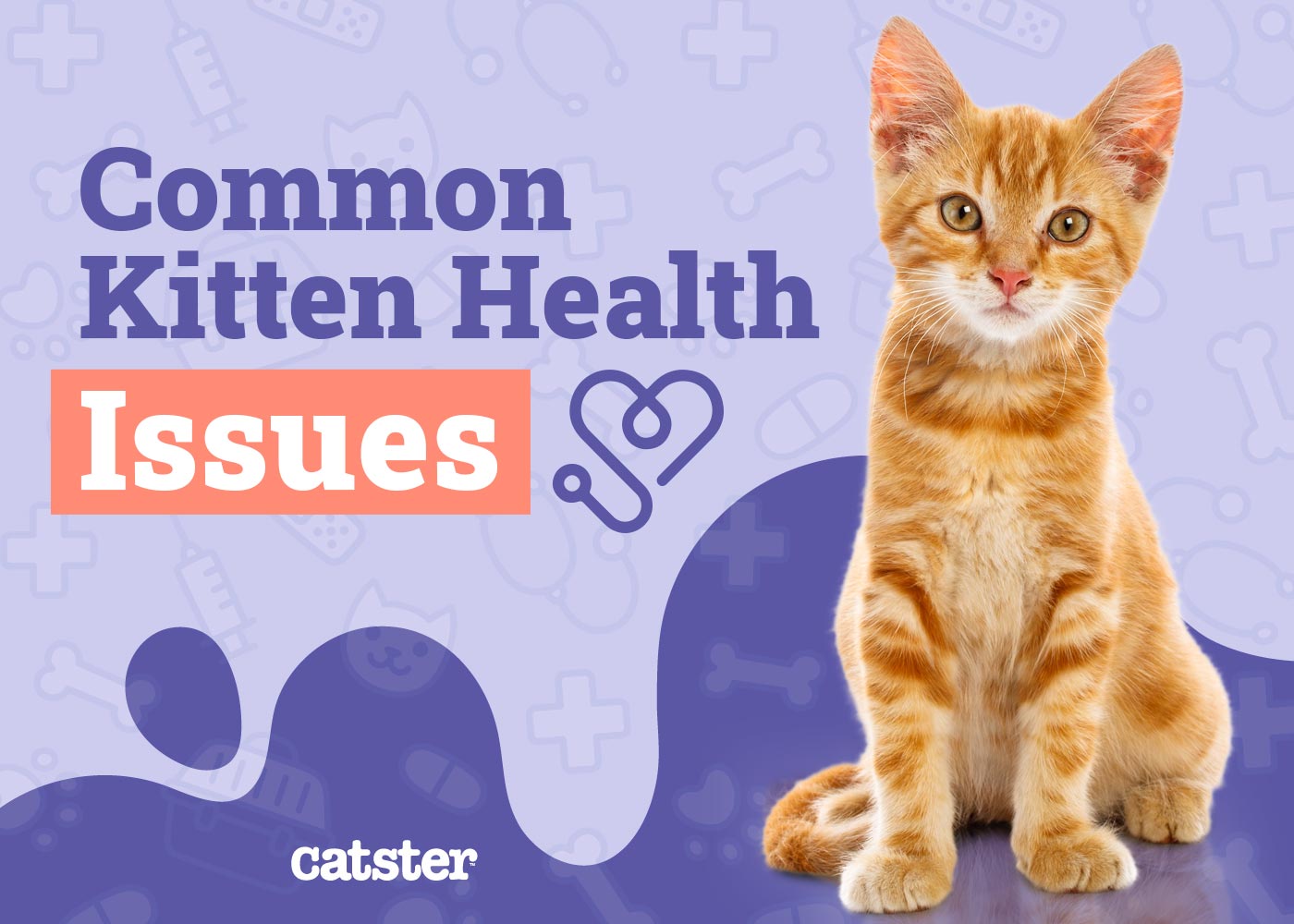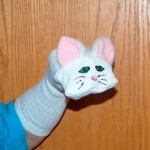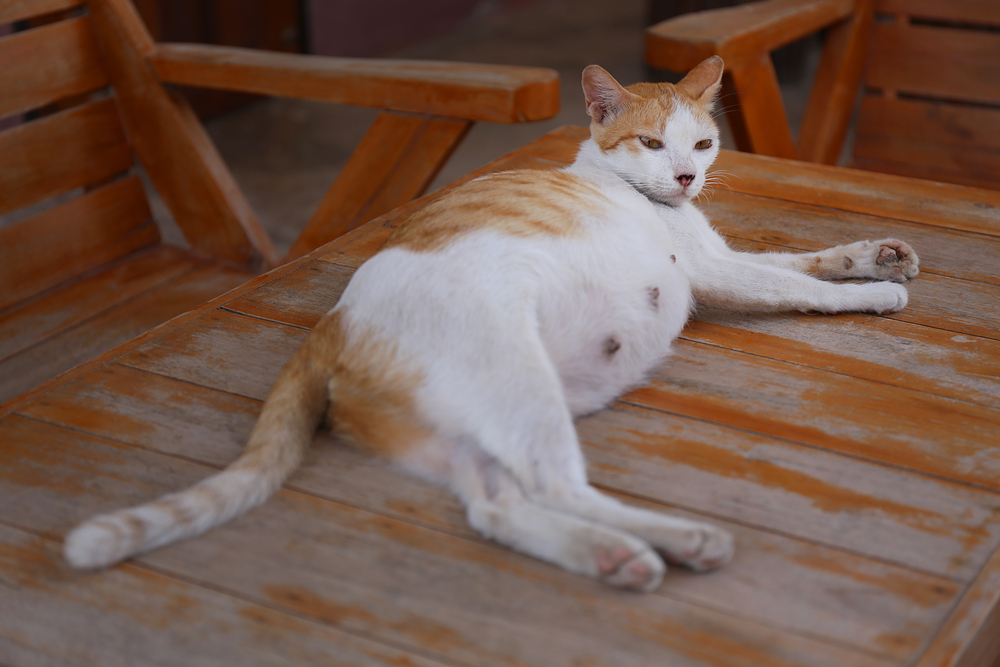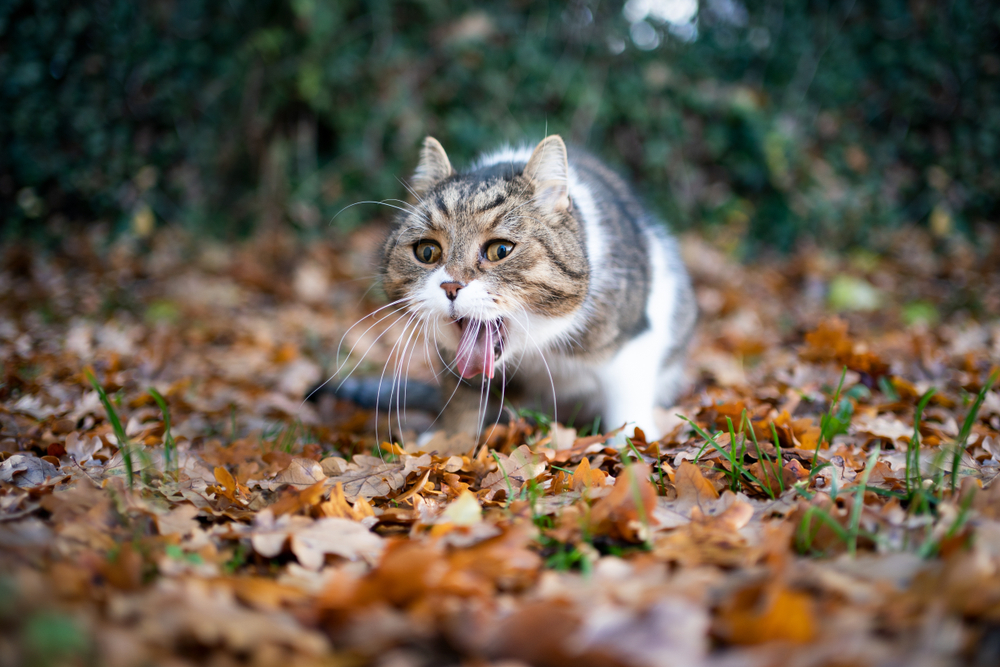Kittens are generally pretty hardy little things—as long as they have a warm, dry place to sleep and the right type of food, they can usually get by doing their job: growing. However, even the healthiest kitten needs the right medical supervision and care.
Vaccines are crucial in kittens to prevent viral infections that can kill kittens and complicated viruses that threaten the whole community—community health.
They also need some sort of birth control method, either surgery or separation or a combination of both. Kittens can get pregnant as young as four months old, much earlier than people think.
And just like any health care routine, monitoring for health problems is the number one most important thing to do. This article will review some of the common problems in kittens and how to watch out for them.
The 7 Common Kitten Health Issues
1. Worms and Protozoa
Kittens are predisposed to gastrointestinal parasites because their immune system is weak and still developing. They pick them up as they explore their new environment and accidentally get them in their mouth and swallow.
One dewormer is often not enough; they often need it again two to four weeks later. Most kittens will do their best if they are put on a regular worming regime and dewormed every few weeks, as recommended by your vet.
Worms include tapeworms, roundworms, or flatworms—all different types of multicellular parasites. However, protozoa can also infest kittens and are very similar to worms in terms of the clinical signs and diseases they cause. These single celled organisms can include giardia or coccidia.
Both types of gastrointestinal parasites can cause upset bellies and malnutrition. Signs of worms or protozoa are as follows:
- Bloated belly
- Not gaining weight
- Diarrhea
- Worms in the poop
2. Fleas and Mites
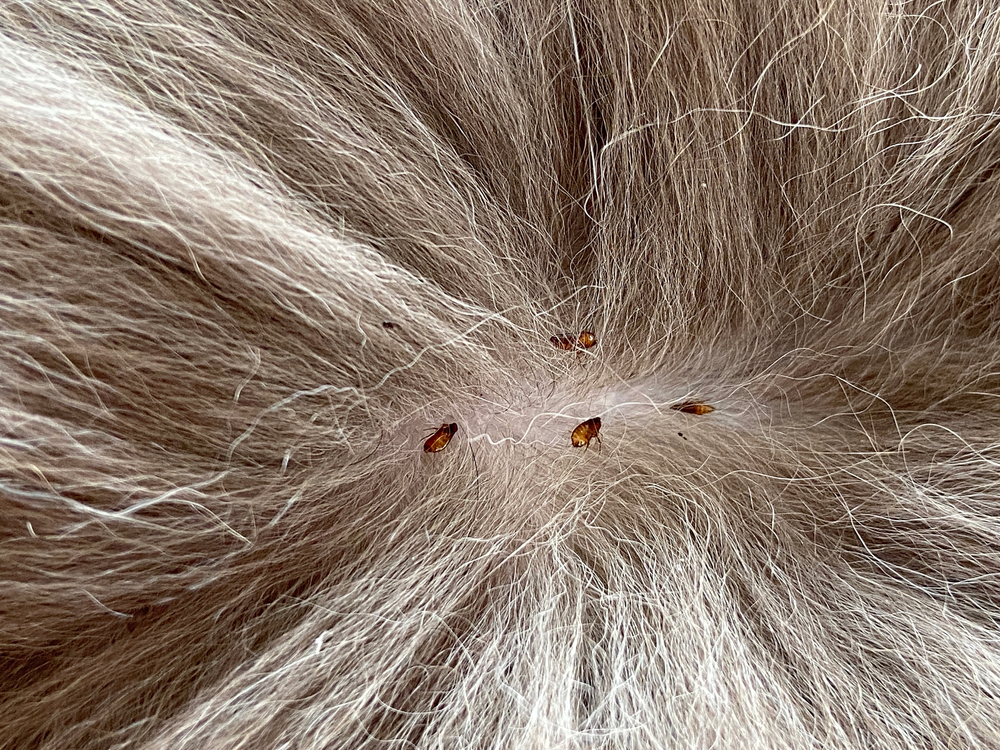
External parasites like fleas and mites can wreak havoc on a kitten’s skin and ears. Not only are they itchy, but they can cause rashes and sores if they get bad enough. They can even cause anemia if they suck too much blood.
These tiny insects live on the skin, hiding in the fur or the ears. Chewing on the skin or biting through it to get to the blood underneath. Flea treatments also prevent ticks and mites and are very safe, especially the ones designed specifically for kittens. Signs of fleas or mites can include:
- Itching
- Scratching ears
- Shaking head
- Bald spots
- Sores on the skin
- Tiny, pinpoint, black spots on the skin (flea poop)
3. Distemper (Panleukopenia)
Distemper in kittens is a virus that is highly contagious but not as common as it could be in most countries because of vaccinations. Kittens are the most susceptible to infection and often die from it if they get infected.
The virus attacks the immune system, weakening it. It also invades the GI tract causing diarrhea which leads to dehydration. As a result, most kittens either die of secondary bacteria or dehydration. Be aware of the following signs of panleukopenia:
- Diarrhea
- Lethargy
- Inappetence
- Vomiting
- Dehydration
- Death
4. Upper Respiratory Tract Infections
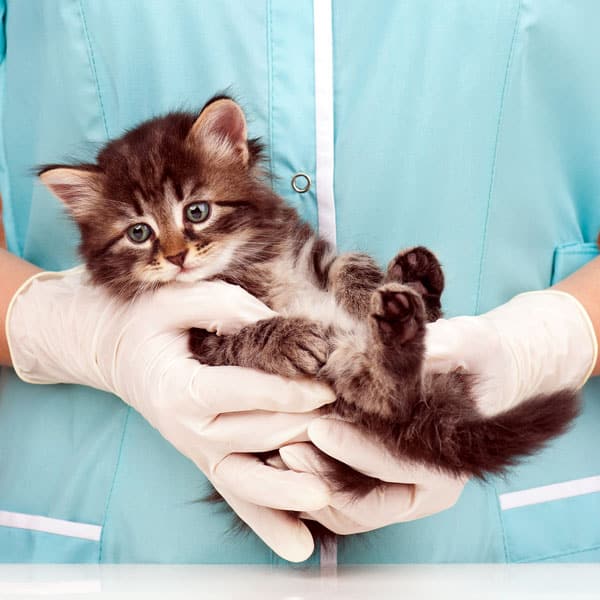
Upper respiratory tract infections get passed around in a kitten family very quickly, especially as the kittens are so young that their immune system is still developing strongly.
Upper respiratory tract infections can be caused by bacteria or viruses, or even a combination of both. Most kittens grow out of it and heal all on their own with just some TLC—making sure they are warm, dry, have the right nutrition, and get plenty of play and rest.
These infections can linger for up to a month and can take a while to get better. While you’re waiting for them to heal, it is important to keep an extra close eye on them and to make sure they don’t suddenly take a turn for the worse. Be on the lookout for the following signs of an upper respiratory tract infection:
- Sneezing
- Runny nose
- Conjunctivitis (see below)
5. Conjunctivitis
Weepy and swollen eyes are common in kittens. Often, it is associated with an upper respiratory tract infection at the same time, where both the mucosa of the sinuses and the eyes both become inflamed and possibly infected.
Conjunctivitis is inflammation of the pink mucosa of the eye. It can be caused by viruses or bacteria in kittens. Here are some common signs of conjunctivitis:
- Swollen eyes
- Discharging eyes
- Red eyes
- Scratch on the eye
- Squinting or winking one or both eyes
6. Poor Nutrition
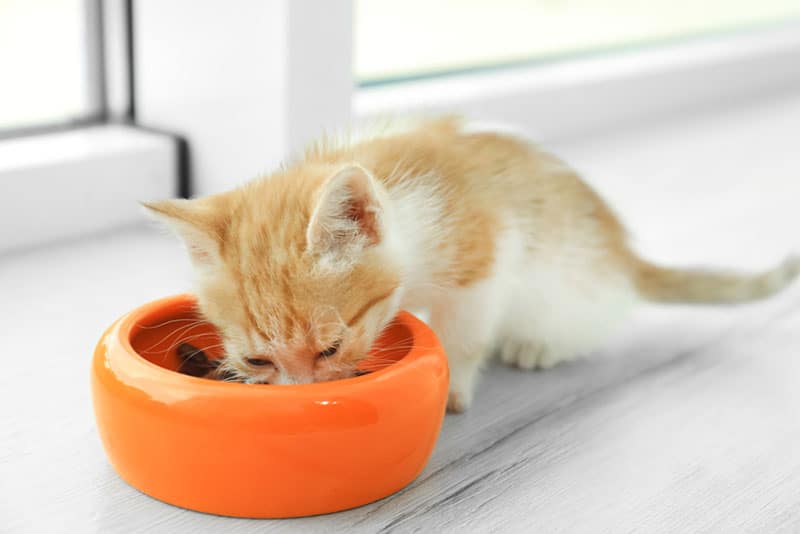
There is this myth that kittens need milk, so people give them cow milk. This can make your kitten sick. Cow milk is not the same as cat mother milk. Cats are—for lack of a better term—lactose intolerant. They struggle to digest cow milk.
If your kitten is too young for kitten food and should still be suckling from their mom but can’t, for whatever reason, then you need to get a formula replacer for kittens instead. It is a specialized formula that is milk-like but better for kittens.
If the kitten is old enough to eat kitten food, then be sure to get a quality commercial kitten diet that will provide all the vitamins and minerals a kitten needs. Kittens also need to be fed more frequently than adults. Kittens may need three to six meals a day. Be aware of the signs of poor nutrition:
- Poor body condition
- Stunted growth
- Diarrhea
- Vomiting
- Painful abdomen
7. Dietary Indiscretion
It is common for a kitten to get diarrhea or even vomit when they move to a new home. Especially since they move to a new home, which is stressful to begin with but also often accompanies a change of food at the same time.
Changing foods too quickly can cause a kitten to develop diarrhea and sometimes even vomit. They may not even want to eat because their tummy hurts. If you can, change their food slowly. Take at least a week to transition the food by adding a little more to their bowel every day while taking away more and more of their old food.
If you do change their food quickly, by accident or by circumstance, do not be surprised if they develop diarrhea. Monitor it and make sure it does not get too bad. Bring them to the vet if you need to. But often, it will resolve once their diet settles down.
At the same time, it is important to teach a kitten to try and eat different types of food. Offering snacks of different types of cat food, chicken, or fish can expand a kitten’s palate so that they aren’t too picky when they get older. Some common signs of dietary indiscretion are as follows:
- Diarrhea
- Runny soft stool
- Inappetence
- Vomiting
- Lethargy
Conclusion
The main problem with kittens is they are little instigators. As they grow, they explore their expanding world and get themselves into trouble. Keeping a kitten healthy is largely about providing them with a kitten-safe place to live, grow, and learn.
Providing them with challenges and chances to learn while also keeping them safe. Letting them explore new foods without getting sick of them. These are the challenges, but they also come with the greatest rewards.
Featured Image Credit: Maria Sbytova, Shutterstock

